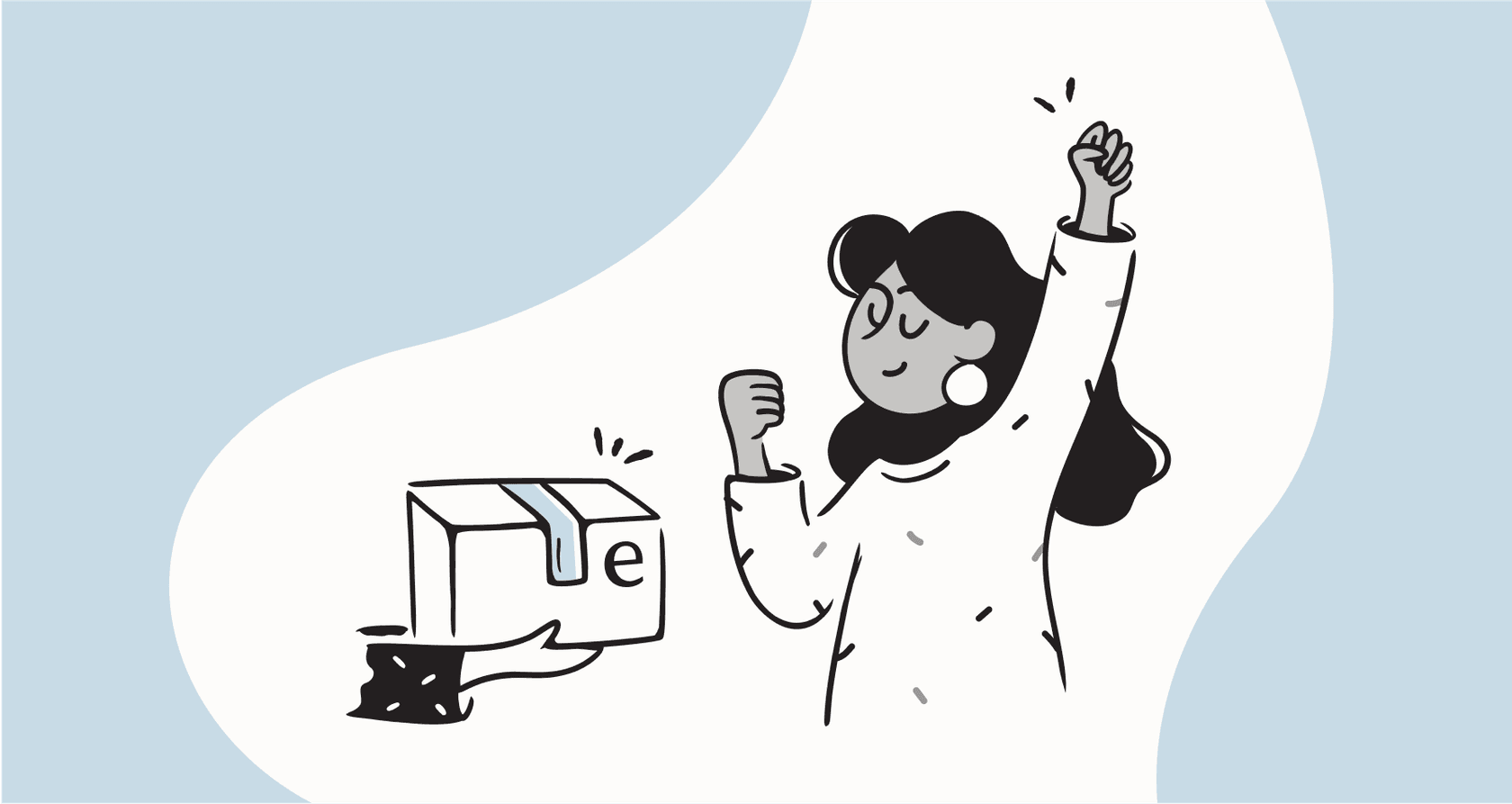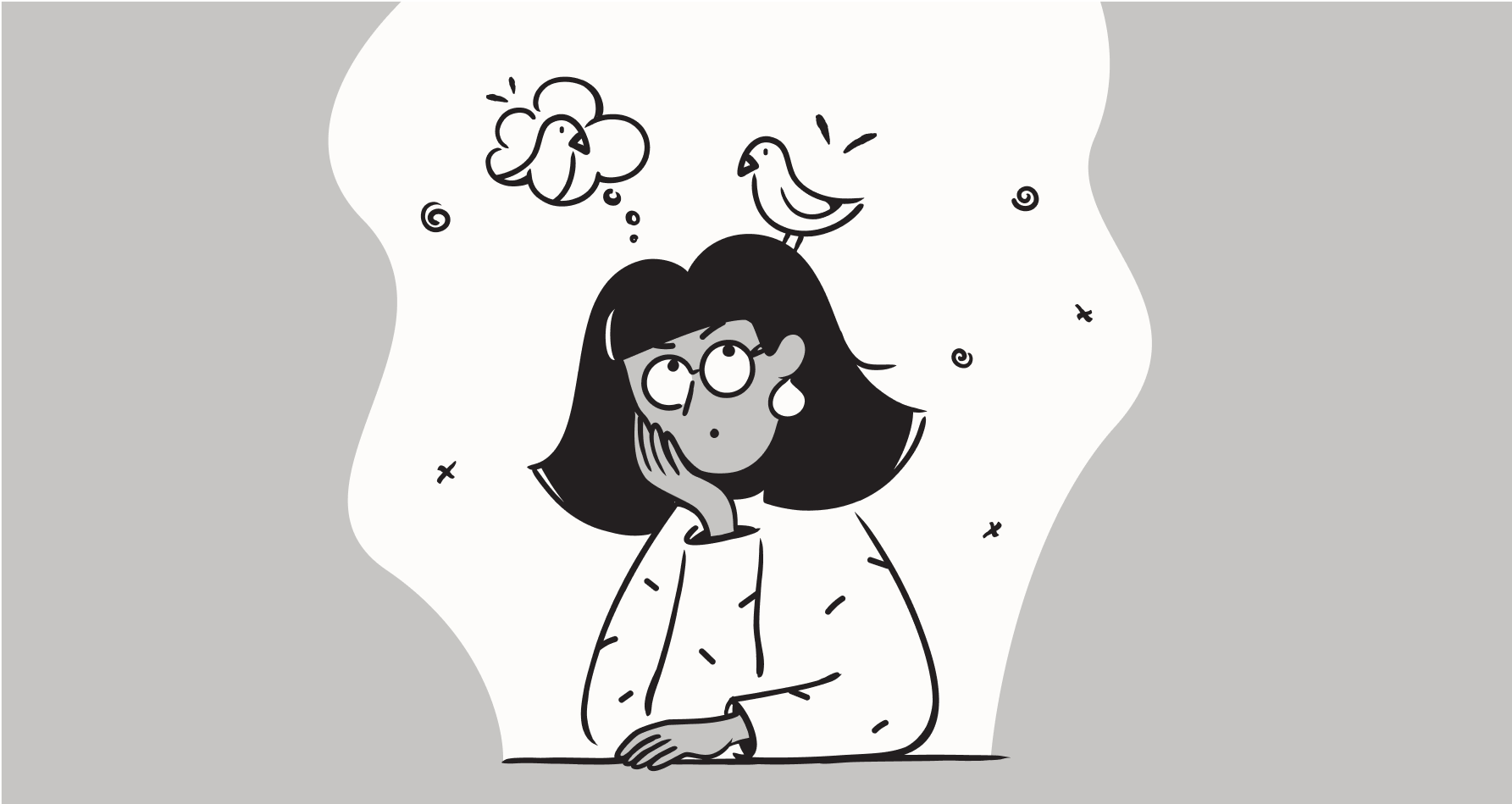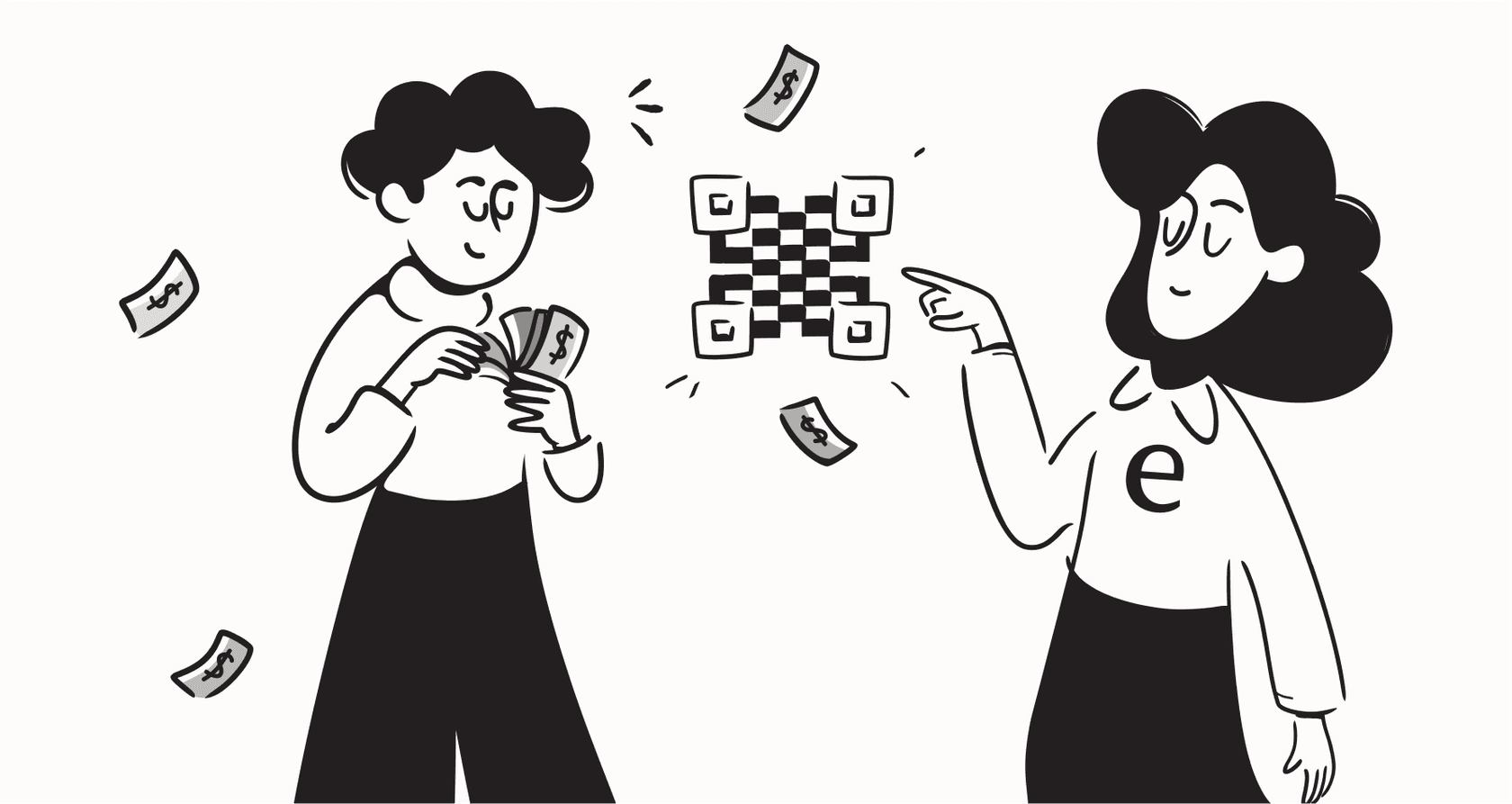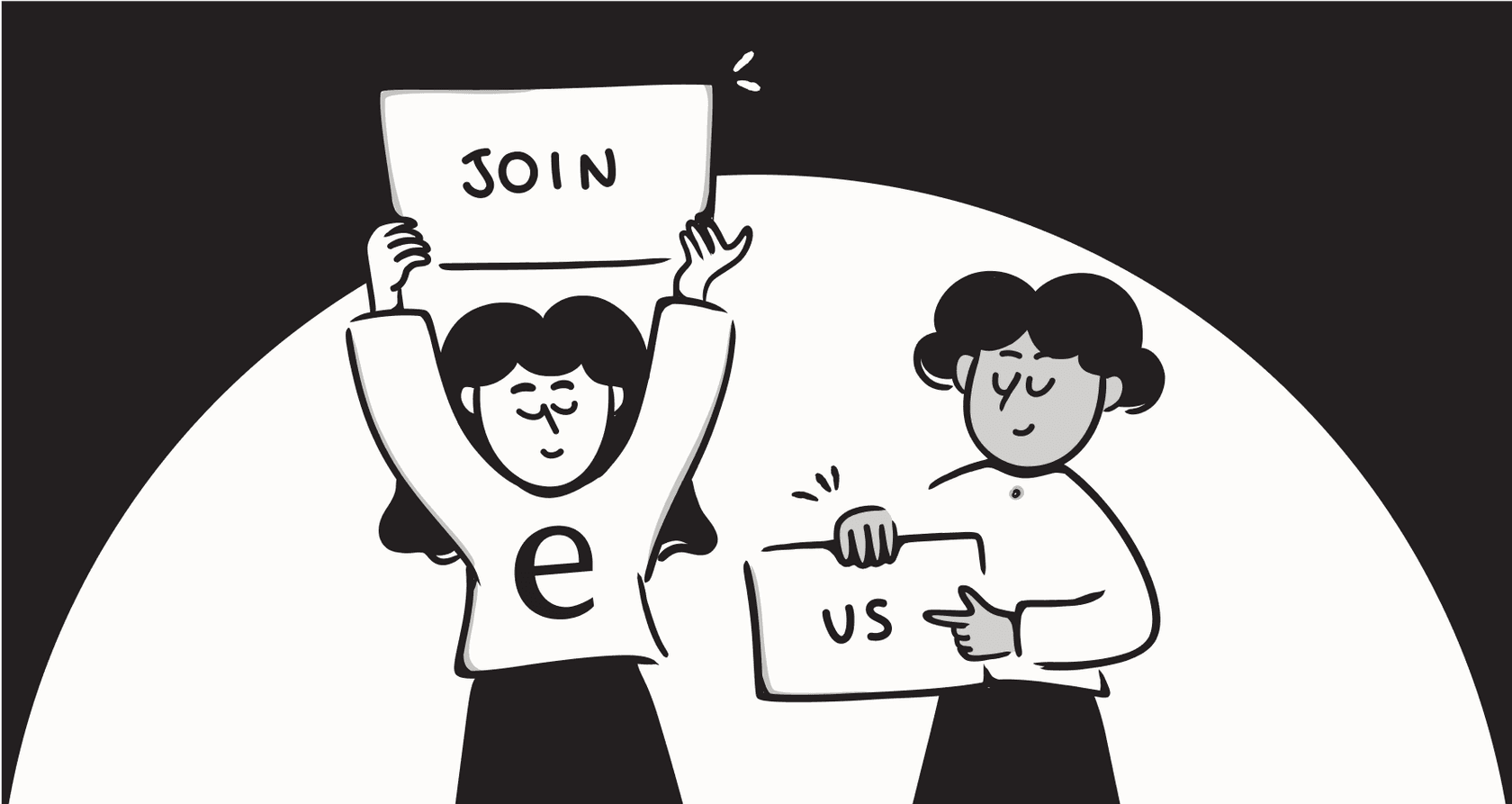
You’ve probably seen the term “AI marketing agency” popping up everywhere. It sounds impressive, futuristic, and like it holds the secret to unlocking massive growth. But with all the buzz, it's hard to tell what's real and what's just marketing speak. If you’re trying to figure out if hiring one is a smart investment or just an expensive trend, you’re in the right place.
This guide is here to cut through the noise. We’ll break down what these agencies actually do, weigh the real-world pros and cons, and help you decide whether you should hire one or start building your own AI toolkit in-house.
So, what exactly is an AI marketing agency?
Let's get straight to it. An AI marketing agency uses artificial intelligence, machine learning, and automation tools to put traditional marketing on steroids. This isn't your standard digital agency that just dabbles with a few AI tools. For a real AI agency, this tech is at the very heart of how they plan and run their campaigns.
The best ones aren't trying to replace their human teams with robots. They're using AI to make their marketers faster, sharper, and more effective. Think of it as giving a brilliant strategist a super-powered assistant who can analyze data at an impossible speed. This frees up the human team to focus on what they do best: coming up with creative ideas, thinking about the big picture, and actually connecting with your audience. They use tech like predictive analytics to see what's coming, natural language processing (NLP) to understand what customers are saying, and generative AI to create content at a scale that just wasn't possible before.
What services does an AI marketing agency provide?
While the menu of services can differ, most AI marketing agencies focus on a few key areas where technology can make the biggest difference. They mix old-school marketing smarts with powerful automation to get results.
Here’s a look at what they typically offer:
An AI marketing agency for content creation and SEO
Agencies use AI to help with the entire content process, from start to finish. It begins with digging deep into keyword research and brainstorming topics, often finding opportunities you might have overlooked. From there, AI can whip up first drafts of blog posts, social media updates, and ad copy, giving their human writers a huge start.
The major catch? Without a skilled human editor looking over its shoulder, AI-generated content can sound generic, robotic, or just… off. A good agency knows that AI is for the first draft, but a human is there to make sure the final piece actually connects with people.
Hyper-personalized advertising campaigns by an AI marketing agency
This is where AI really shines. An AI marketing agency can sift through enormous piles of user data to create incredibly specific audience groups for ads. So instead of just targeting "moms who like coffee," they can get as granular as "moms in Seattle who buy organic coffee online every two weeks and read parenting blogs on the weekend."
Then, they use AI to tweak your ad spend automatically and in real time across platforms like Google and Facebook. The system shifts your budget to the ads and audiences that are performing best, so you’re not wasting money on what isn’t working.

Advanced data analysis and predictive modeling with an AI marketing agency
Your business collects a ton of data every single day, and most of it probably just sits there. AI agencies use machine learning to dig through these datasets, spot hidden patterns, and make some surprisingly accurate predictions. They can forecast market trends, flag customers who might be about to cancel their subscription, and figure out what’s really driving your sales. This lets you make decisions based on real numbers instead of just a gut feeling.

Automated customer journey management from an AI marketing agency
Handling customer conversations at scale is tough. AI can automate and personalize interactions all along the customer’s journey, from their first visit to your site to follow-up support questions.
This is where a top-notch AI marketing agency can make a huge impact, often using platforms that pull together information from all over the place, like past support tickets, help center articles, and internal notes, to give instant, accurate answers. For example, AI agents can be set up in your help desk to provide 24/7 support, answer common questions, and collect customer feedback. This keeps the customer experience consistent and helpful, which directly builds brand loyalty.
An AI agent from eesel AI providing support, a tool used by a modern AI marketing agency.
The benefits and drawbacks of hiring an AI marketing agency
Hiring an agency can feel like a shortcut to the future, but it’s not the right call for everyone. It’s important to look at both sides before you sign on the dotted line.
The benefits of an AI marketing agency
- Access to experts and expensive tools: You get a team of specialists and access to high-end AI software without the hefty price tag of buying the licenses or hiring in-house data scientists yourself.
- Scalability: An agency lets you scale your marketing up or down quickly. Need to launch a huge campaign next month? They've got the people. Need to pull back? You’re not stuck with a full-time payroll.
- Staying ahead of the curve: A good AI marketing agency is always playing with the latest AI tools and trends. You get to benefit from their experiments without having to fund the research and development.
AI marketing agency drawbacks (and where in-house tools can be better)
- High and unpredictable costs: Agency retainers are a big expense. Even worse, some pricing models have hidden fees or charges per result that can make budgeting a headache. This is a whole different world from tools like eesel AI, which has clear, predictable pricing with no sneaky per-resolution fees. You know exactly what you’re paying for.
- Lengthy onboarding and slow implementation: It can take weeks, or even months, for an agency to really get to know your brand, connect with your systems, and start delivering results you can see. For teams that need to move fast, that’s an eternity.
- Lack of control and transparency: Often, you’re handing over the keys to your marketing without getting a clear look under the hood. You have limited visibility into their exact methods and the AI they're using. This is a big reason why many businesses now prefer self-serve platforms. With a tool like eesel AI, you’re in the driver's seat. You can build and tweak your own AI agents, define their personality, and decide exactly what they should work on.
- Disconnected from your knowledge: An external agency will always be one step removed from your company’s collective brain. They don't have instant access to the little details in every support ticket, every Slack conversation, or every internal document in your Confluence space. This is a gap that even the best agency can't completely close.
How to choose an AI marketing agency (or build your own AI toolkit)
So, how do you make the right decision? It all comes down to what you need, what your resources look like, and whether you'd rather delegate the work or empower your own team.
Criteria for selecting an AI marketing agency
If you decide to go the agency route, make sure you do your homework.
- Ask for detailed case studies with real, measurable results (like ROI, conversion rate increases, or cost savings).
- Find out about the specific AI tech they use and how it connects with the tools you’re already using.
- Talk about their approach to data privacy and security. This is non-negotiable.
- Make sure they have a human-first mindset and value creative strategy just as much as they value the tech.
> **Pro Tip:** Before you sign a long-term contract, ask for a small pilot project or a simulation using your own historical data. A confident AI marketing agency should be able to forecast the kind of performance you can expect. This is a core feature of powerful platforms like [eesel AI](https://www.eesel.ai), which lets you [simulate an AI agent](https://www.eesel.ai/blog/ai-agent-examples) on thousands of your past support tickets to see how effective it would have been, all before it ever interacts with a live customer.

The alternative to an AI marketing agency: Empowering your team with AI tools
There's another way to go: you can build an "in-house AI engine" by giving your existing marketing and support teams the right AI agents for marketers. This approach keeps all your internal knowledge where it belongs, with your team. It's usually more affordable and lets you get started much faster.
Here's a quick comparison to help make the choice clearer:
| Feature | Hiring an AI Marketing Agency | Using a Self-Serve Platform (like eesel AI) |
|---|---|---|
| Speed to Implement | Weeks to months | Go live in minutes |
| Cost Structure | High monthly retainers, potential hidden fees | Transparent, predictable monthly/annual plans |
| Control & Customization | Limited; depends on agency's process | Full control over AI persona, actions, and workflows |
| Knowledge Integration | Relies on documents you provide | Instantly unifies all knowledge (tickets, docs, etc.) |
| Testing & Validation | Difficult to verify before commitment | Powerful simulation mode for risk-free testing |
The future of the AI marketing agency is collaborative, not replaced
An AI marketing agency can be a fantastic partner, but it isn't your only choice. The most important thing is to take an honest look at your goals, your budget, and how much control you want to have over the process.
At the end of the day, the goal isn't to replace your team with AI, but to give them superpowers. Whether you do that with an agency or a platform, the right AI strategy will free up your people to leave the repetitive tasks to the machines and focus on the creative, strategic work that actually grows your business.
Ready to see how easy it is to build your own AI for customer support? Start by empowering your team with an AI agent that learns from all your existing knowledge. Book a demo or try eesel AI for free and you can deploy your first AI agent in minutes.
Frequently asked questions
If you have a large budget, need deep specialized expertise you can't hire for, and prefer to delegate technical execution, an agency might be a good fit. If you value speed, want full control over your brand voice, and prefer a more cost-effective solution your current team can manage, an in-house platform is likely the better choice.
Costs vary widely, but you should expect a significant investment, often starting at several thousand dollars per month for a retainer. This doesn't always include ad spend or potential performance-based fees, so it's crucial to clarify all costs upfront.
Hiring an agency is a partnership, not a complete hand-off. Your team will still need to provide strategic direction, approve content and campaigns, and share critical internal knowledge to ensure the agency's work aligns with your brand and goals.
Share this post

Article by
Stevia Putri
Stevia Putri is a marketing generalist at eesel AI, where she helps turn powerful AI tools into stories that resonate. She’s driven by curiosity, clarity, and the human side of technology.






